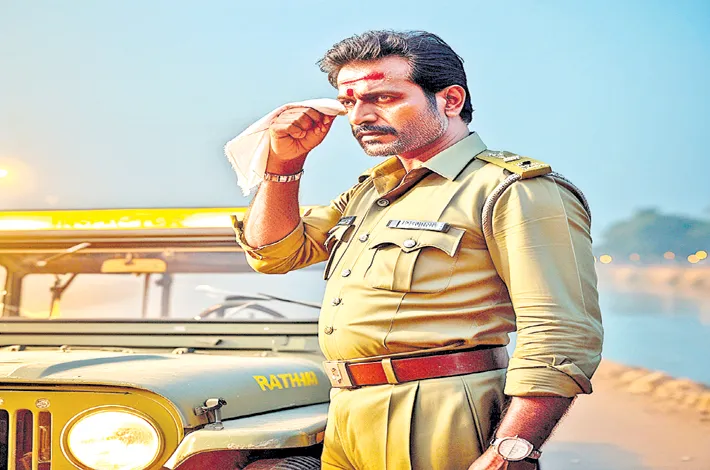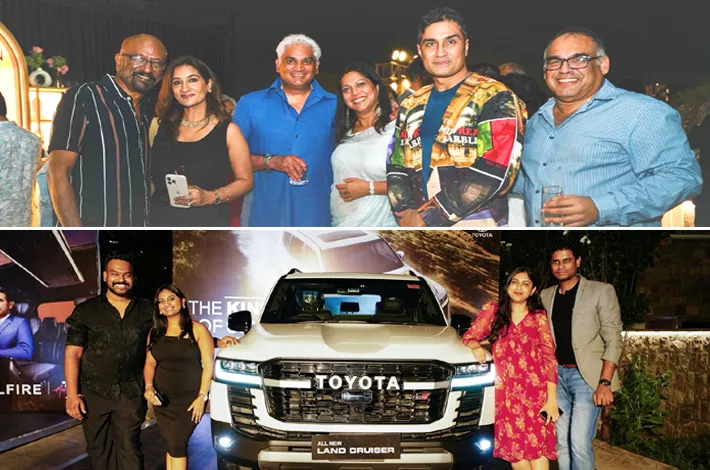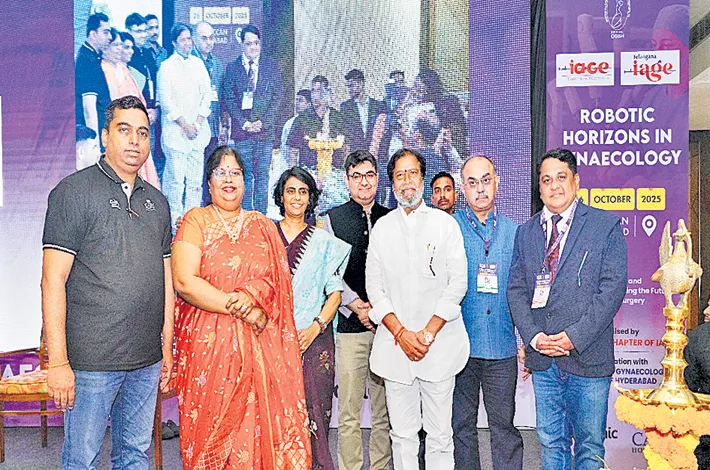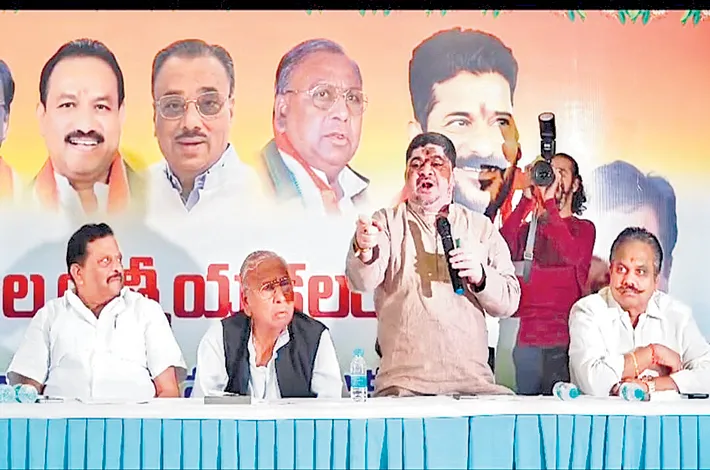Murder in Raipur
11-07-2025 12:00:00 AM

The air in Raipur was thick with the weight of the monsoon, the kind that clung to your skin and whispered secrets in the dark. Inspector Vikram Rathore wiped the sweat from his brow as he stepped out of his jeep, the Mahanadi River glinting ominously under the sodium streetlights.
It was past midnight, and the city, usually buzzing with life, felt eerily still. A call had come in an hour ago—a body found near the Telibandha Lake, half-submerged in the murky water. The voice on the radio had been curt: “Female, mid-20s, possible homicide.” Vikram’s gut told him this wasn’t just another case.
The crime scene was a mess of mud and chaos. Constables had cordoned off the area, their flashlights cutting through the drizzle. Vikram crouched beside the body, his eyes narrowing. The woman’s face was pale, almost serene, but the bruise around her neck told a different story. Strangulation. No ID, no purse, just a cheap silver bracelet glinting on her wrist, etched with a single word: Hope.
“Any witnesses?” Vikram asked Sub-Inspector Neha Sharma, who was scribbling notes under a flickering streetlamp.
“None so far,” Neha replied, her voice steady but her eyes troubled. “A jogger found her around 11 p.m. No signs of a struggle, but the ground’s too wet to hold footprints.”
Vikram’s gaze drifted to the lake’s edge, where the water lapped at the reeds. Raipur wasn’t known for violent crime, but something about this felt personal. “Get the divers in at first light,” he said. “And check for CCTV in the area. This wasn’t random.”
Back at the station, the case took on a life of its own. The woman was identified as Meera Sahu, a 26-year-old software engineer who’d moved to Raipur two years ago. No criminal record, no known enemies. Her colleagues at TechTrend Innovations described her as quiet but brilliant, always working late. Her phone records showed a flurry of calls to an unregistered number in the days before her death. Vikram’s instincts screamed: follow the calls.
The number led to a seedy bar in the old city, a place called The Rusty Anchor, tucked between crumbling buildings and neon signs. Vikram entered alone, the stench of cheap whiskey and stale cigarette smoke hitting him like a wall. The bartender, a wiry man with a scar across his cheek, eyed him warily.
“Looking for someone who called this number,” Vikram said, sliding Meera’s photo across the counter. “She’s dead now.”
The bartender’s face didn’t change, but his hands froze mid-wipe. “Never seen her,” he muttered, too quickly.
Vikram leaned in, his voice low. “Lie to me again, and I’ll have this place shut down by morning.”
After a tense silence, the bartender spilled. Meera had been coming to the bar for weeks, meeting a man named Arjun Malhotra, a small-time loan shark with a reputation for getting what he wanted. Word was, Meera owed him money—a lot of it. Vikram’s jaw tightened. A motive was forming, but it felt too clean, too convenient.
Tracking down Arjun wasn’t hard. He lived in a gaudy bungalow in VIP Road, all glass and chrome, paid for by desperation and blood. When Vikram knocked, Arjun opened the door with a smirk, his gold chain glinting under the porch light. “Heard you’re sniffing around, Inspector,” he said, leaning against the frame. “What’s this about?”
“Meera Sahu,” Vikram said, watching for a reaction. “Found dead last night. You were one of the last people she called.”
Arjun’s smirk faltered, but only for a second. “Yeah, I knew her. She owed me 10 lakhs. Bad investment, she said. Kept begging for time.” He shrugged. “I don’t kill over money, Inspector. Bad for business.”
“Where were you last night?” Vikram pressed.
“Out of town. Check my car’s GPS if you don’t believe me.”
Vikram didn’t trust Arjun’s alibi, but something else gnawed at him. Meera wasn’t the type to borrow from a shark like Arjun unless she was desperate. Back at the station, Neha dug into Meera’s financials. No loans, no debts—except one. A wire transfer of 10 lakhs to an offshore account, untraceable. The deeper they dug, the murkier it got. Meera’s laptop, recovered from her apartment, revealed encrypted emails to someone called “Shadow.” The messages hinted at corporate espionage—TechTrend was developing a new AI chip, and Meera had been working on its core algorithm.
“Someone wanted that chip,” Neha said, her eyes wide. “And Meera was their way in.”
Vikram’s mind raced. Arjun might be a red herring, a convenient scapegoat. The real killer was someone with access, someone who knew Meera’s work. He requested a list of TechTrend’s employees and cross-referenced it with the bar’s CCTV footage. One name stood out: Rohan Gupta, Meera’s project manager. The footage showed him at The Rusty Anchor, watching Meera from a corner booth the night before her death.
Vikram confronted Rohan at his sleek office in Magneto Mall. The man was polished, mid-30s, with a nervous tic in his left eye. “Meera was a friend,” Rohan insisted, his voice cracking. “I was just looking out for her.”
“By stalking her at a bar?” Vikram shot back. “Or by strangling her when she threatened to expose you?”
Rohan’s face drained of color. “I didn’t—look, she was selling secrets to a rival company. I warned her to stop, but she wouldn’t listen.”
“Who was she selling to?” Vikram demanded.
Rohan hesitated, then whispered a name: “Vortex Systems.”
The pieces snapped together. Vortex Systems, a competitor, had been sniffing around TechTrend’s AI project for months. Meera, under pressure from Arjun’s loan, must have been feeding them data. But when she got cold feet, someone—likely Rohan—silenced her to protect the deal.
Vikram didn’t wait for a warrant. He and Neha raided Vortex’s local office, a nondescript building near the Raipur Railway Station. Inside, they found encrypted files linking Meera to a Vortex executive, but no direct evidence of murder. The case was slipping through Vikram’s fingers until Neha noticed something—a silver bracelet in an evidence bag, identical to Meera’s, tucked in a drawer. It belonged to Rohan’s wife, a gift from him, etched with the same word: Hope.
Back at the station, Rohan broke under interrogation. “It was an accident,” he sobbed. “She was going to ruin everything. I just wanted to scare her, but she fought back, and I—I lost control.”
As Vikram watched Rohan being led away in handcuffs, the rain outside slowed to a drizzle. The Mahanadi flowed on, indifferent to the city’s secrets. Meera’s bracelet sat on his desk, a reminder that hope, in Raipur’s shadows, could be a dangerous thing.








